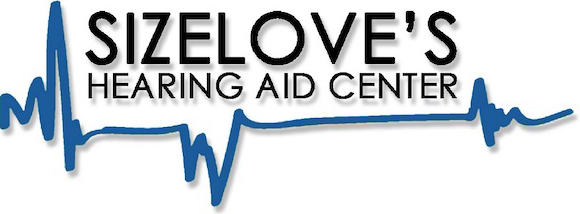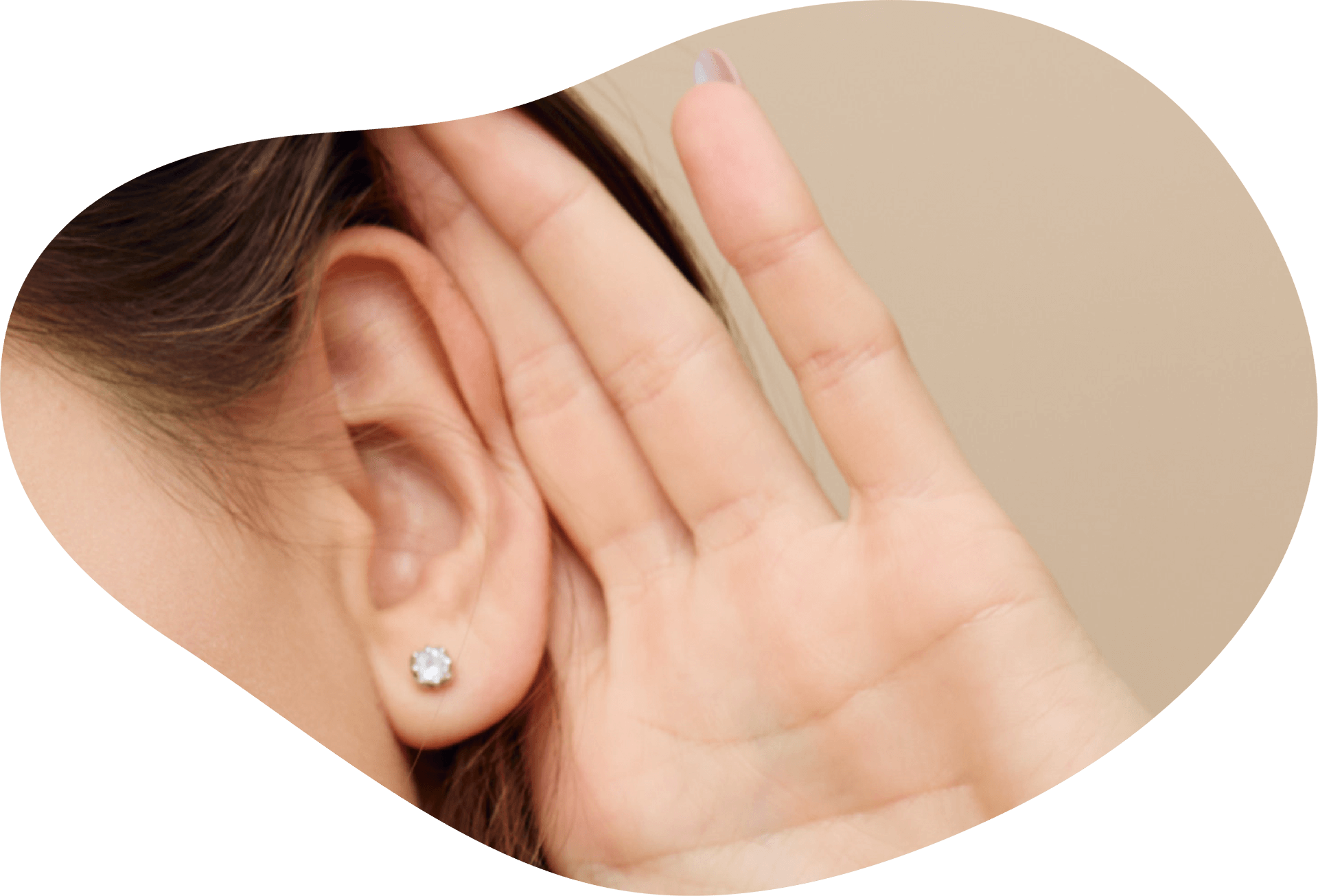Hearing loss affects some 48 million Americans. While people of all ages can have hearing loss, by far the most common form of hearing loss is age-related hearing loss, or “presbycusis.” About a third of those aged 60–69 have hearing loss, while it affects about two-thirds of those aged 70 and up.
While hearing loss was once considered a benign—if annoying—part of getting older, research in the past half-century suggests otherwise. Hearing loss has been linked to a host of health and wellness problems, such as depression, social isolation, decreased mobility, increased risk of accidental injury, and earlier onset of cognitive decline and dementia.
Hearing loss also tends to negatively affect our quality of life in ways that might not be as obvious. Those with hearing loss often report that their relationships with friends, family, and especially spouses tend to suffer when hearing loss comes into the picture. For those who are still in the workforce, hearing loss can affect job performance, which in turn affects their salary and might even force them to retire earlier than they planned.
The bottom line is that hearing loss interrupts the flow of our lives in ways large and small. Hearing loss sets in slowly, and so do the changes that it can cause. Sometimes it all happens so slowly that we don’t even notice, but eventually, we might see just how much we’ve been missing out on by allowing our hearing loss to control our lives!


Two Main Types of Hearing Loss
There is also a third type of hearing loss called Mixed Hearing Loss, which is a combination of both sensorineural and conductive hearing loss. Mixed hearing loss might be treated by removing the cause of conductive hearing loss, and using hearing aids to treat the sensorineural component.
Degrees of Hearing Loss
No two hearing losses are the same. The degree of hearing loss that we might have is measured in a pure-tone hearing test. It is possible that one ear may have more hearing loss than the other. Those with mild-or-greater hearing loss should start wearing hearing aids as soon as possible to prevent the complications of untreated hearing loss.
- Mild - 26–48 decibels of hearing loss
- Moderate - 41–70 decibels of hearing loss
- Severe - 71–90 decibels of hearing loss
- Profound - 91 decibels of hearing loss or more
Age-related hearing loss tends to progress to a certain point, and then plateau. It is not known why this happens, but it seems to be the case for most people. For those who are concerned that you might just keep losing your hearing until you are deaf, you can rest easy. It is rare for age-related hearing loss to progress to deafness.


How Do You Know Whether You Have Hearing Loss?
Most of the time, it will be another person who tells you you have hearing loss! While this can be jarring, it’s usually the case that someone else who hears normally will be surprised by what a person with hearing loss misses. The nature of hearing loss is that we can’t hear what we can’t hear, so someone else is usually a better judge.
Other signs that you might have hearing loss include:
- Sounds appear to be muffled, slurred, or distorted
- You can’t seem to get the television or the phone to turn up loud enough
- You often ask others to repeat themselves or speak louder
- You have trouble following a conversation when there is a lot of background noise
- You notice yourself reading lips
If you think you might have hearing loss, it’s important to have your hearing tested as soon as possible. The earlier you start treating hearing loss, the less likelihood there will be of it having a negative impact on your life. Contact us today to schedule an appointment!


